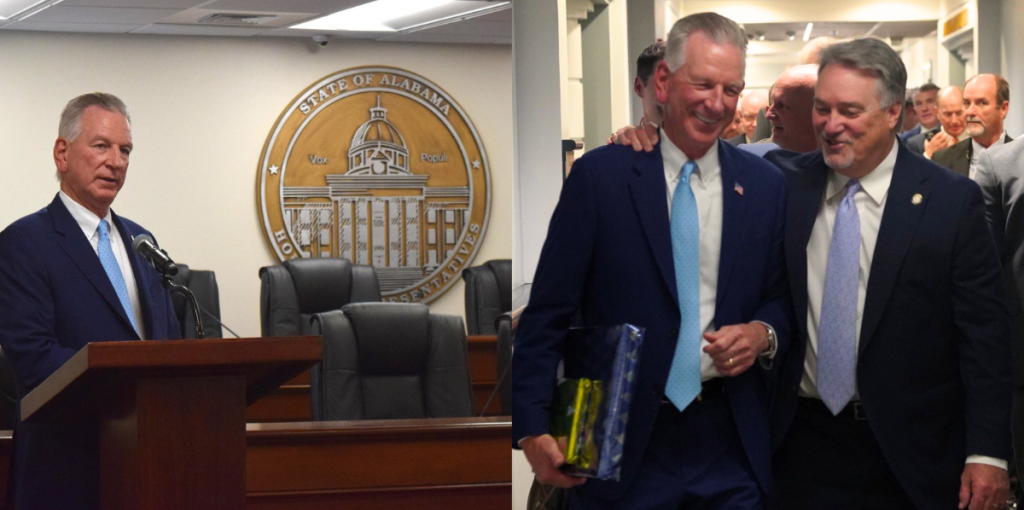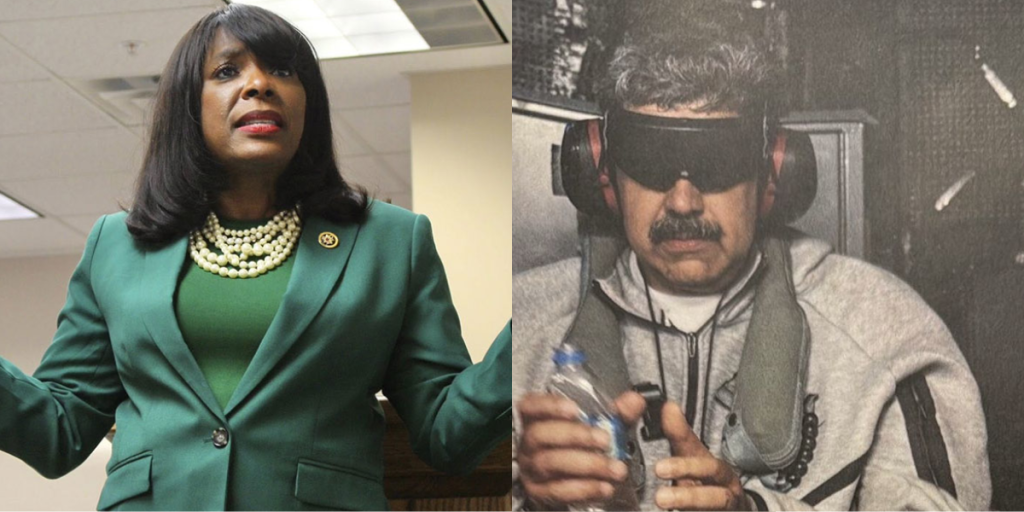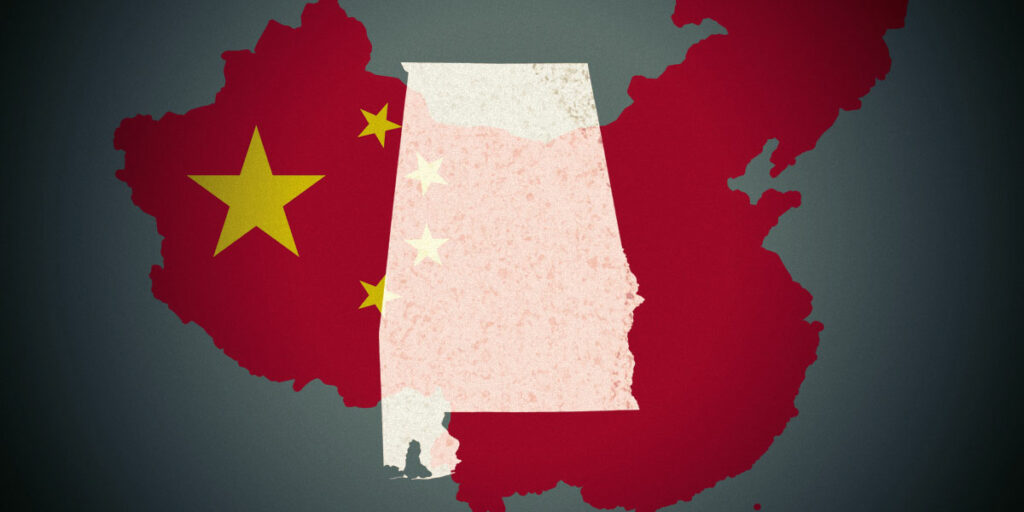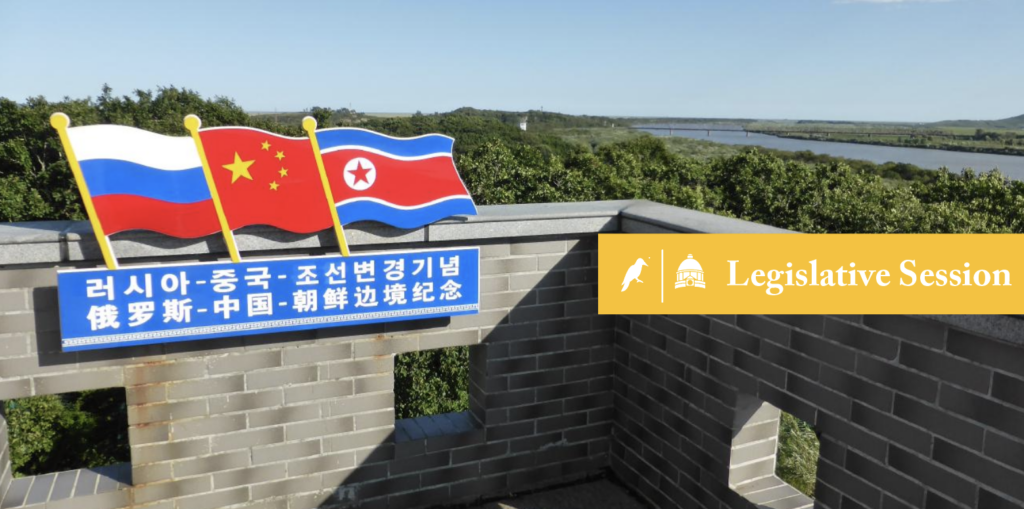
President Trump, along with officials from the Department of Justice, announced on Sunday a new set of travel restrictions on an expanded set of countries. The announcement comes just before major parts of the previous travel ban were set to expire. The new restrictions will replace the existing travel ban that denies visas to citizens of six Muslim-majority countries with ties to terrorism. The new ban includes all but one of the countries on the previous list.
According to Politico, the nations facing indefinite restrictions of travel under the new policy are Chad, Iran, Libya, North Korea, Somalia, Syria, Venezuela, and Yemen.
This list drops Sudan, which appears on the current travel ban, and adds North Korea and Venezuela to mix. Existing visa holders are exempt, and those with ties to the U.S. are still capable of receiving waivers. The revised policy is set to take effect on October 18.
“We are taking action today to protect the safety and security of the American people by establishing a minimum security baseline for entry into the United States,” Trump said in a statement. “We cannot afford to continue the failed policies of the past, which present an unacceptable danger to our country. My highest obligation is to ensure the safety and security of the American people, and in issuing this new travel order, I am fulfilling that sacred obligation.”
When asked about what provisions he would like to see in the new travel restrictions, Trump replied, “The tougher the better.”
While the new order restricts travel from two non-Muslim nations – North Korea and Venezuela – many critics see those as symbolic. Only around 110 North Koreans obtained travel visas to the U.S. in the previous fiscal year, and the restrictions on Venezuela only apply to government officials. Many see these additions as an attempt to make the ban seem less targeted on Muslims. Representative Adam Schiff (D-CA) maintains that “no amount of repackaging can disguise the fact that the intent behind the ban was and remains a noxious attempt to ban people based on their faith.”
A White House official who spoke to Politico under the condition of anonymity ensured that “the restrictions, whether previously or now, were never ever, ever based on race, religion or creed.” The new restrictions are based on a recent review of countries who are or are not complying with U.S. requests for information regarding threats of terrorism from respective travelers. For example, Iraq was removed from the ban in March for its partnership with U.S. officials in the fight against the Islamic State.
The new ban comes as litigation over the original policy is set to appear before the Supreme Court. The highest court in the nation is set to hear arguments on October 10 over the legality of the measure, but justices have already warned that the case may be moot due to the time limit of that directive.












